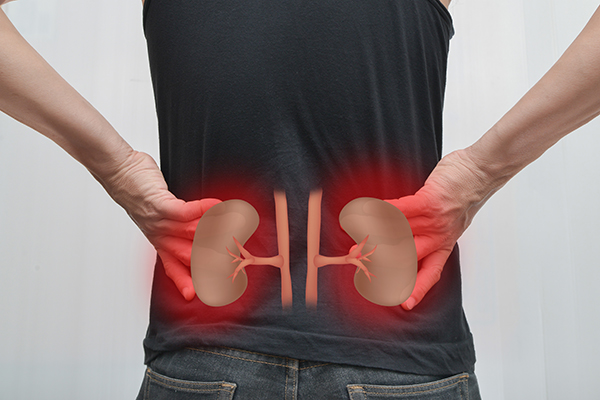I am 66 years old and have no serious problems except uremia. Can I have a kidney transplant?
- In Taiwan, most kidney transplant centers accept people under 65 years of age on the waiting list, but it is not objective to use age as an absolute criterion.
- If the patient is in good health and is expected to survive for more than five years, kidney transplantation may be considered beyond the age limit. However, they should be carefully examined and evaluated by a physician before being put on the waiting list for renal transplantation.
A carrier of hepatitis C, am I suitable for kidney transplantation?
- You can consider kidney transplantation if your serum has hepatitis C antibodies but no hepatitis C virus, then the risk of liver disease after the transplantation is very low.
- Kidney transplantation can be considered if you have hepatitis C antibodies and viruses, but a normal liver by ultrasonography. Currently, there are new drugs for treating hepatitis C, which have a very high cure rate and can be evaluated and then given by doctors before or after kidney transplantation. If the patient has cirrhosis, he/she is not fit for kidney transplantation, but combined liver and kidney transplantation can be considered.
A carrier of hepatitis B, am I suitable for kidney transplantation?
- The long-term survival rate of hepatitis B carriers after kidney transplantation is worse than that of non-hepatitis B carriers, which you must first understand.
- If you have an e antigen or a high level of hepatitis B virus in serum, a kidney transplant can easily trigger viral activation, creating fulminant hepatitis. So you have to be treated before a kidney transplant
- If the liver is not functioning well, a liver biopsy is required.
- In case of chronic active hepatitis, it is advisable to receive interferon and anti-hepatitis B oral drug treatment. If the biopsy shows cirrhosis, then the patient is not suitable for kidney transplantation, and combined liver and kidney transplantation can be considered. Long-term use of lamivudine or other anti-hepatitis B drugs after a kidney transplant is required to prevent virus activation.
I have uremia due to lupus nephritis. Can I receive a kidney transplant? Will lupus erythematosus recur after the transplantation?
- The recurrence rate of lupus erythematosus in patients after renal transplantation is not high, nor does it affect the prognosis, so renal transplantation can be considered.

A diabetic, am I suitable for kidney transplantation?
- Diabetics are more susceptible to infection, so there are more complications after kidney transplantation. However, past experience shows that the long-term survival rate of diabetics receiving a renal transplant is better than that of those undergoing dialysis. So if other organs except the kidneys function well, you can consider a kidney transplant.
- Diabetic nephropathy often recurs a few years after renal transplantation, but rarely results in a complete loss of function of the transplanted kidney.
Is living kidney transplantation performed at one’s own expense?
- At present, the National Health Insurance program covers surgery and hospitalization. You only need to pay extra cost (e.g. for ward fees or meal expenses).
- If laparoscopic nephrectomy is performed, costs for special consumables or anti-rejection drugs are borne by patients.

